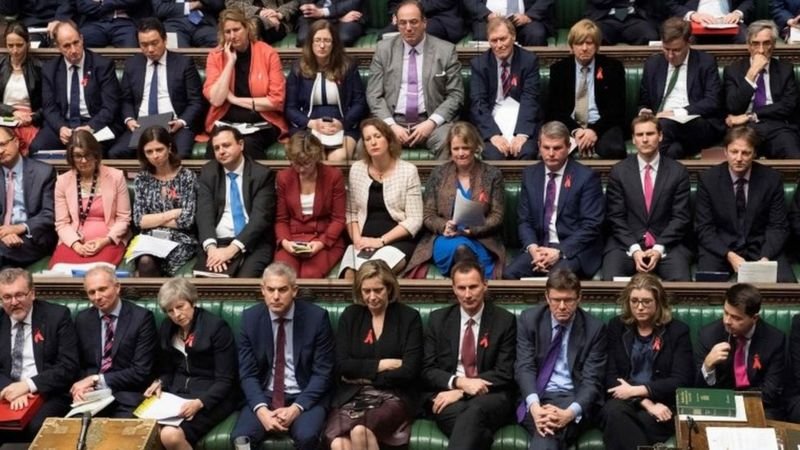Inquiry into Power Purchase Agreements Sparks Debate Over Energy Costs
A parliamentary committee has initiated an investigation into the contentious Power Purchase Agreements (PPAs) with Independent Power Producers (IPPs), as public demand grows for measures to curb the rising cost of electricity that is placing a heavy burden on households and businesses. The National Assembly’s Public Investments Committee on Commercial Affairs and Energy has announced a comprehensive review of the country’s energy contracts following a detailed audit conducted by the Auditor General.
The audit reportedly uncovered concerns regarding the structure of these agreements and the entities benefiting from them. Some of the IPPs may be linked to individuals with significant political influence, raising questions about transparency and fairness in the energy sector.
Committee Chairperson David Pkosing, representing Pokot South, has pointed to the IPPs as potential contributors to the high power tariffs. “Kenyans are paying far too much for electricity, and one of the biggest suspects are these IPPs and their secretive contracts. We suspect that some of these companies are owned by powerful individuals — that alone is enough to demand a closer look,” said Pkosing.
Revising PPA Negotiations
The forensic audit, which remains confidential, is expected to serve as the foundation for substantial recommendations that could transform how future energy contracts are negotiated. Pkosing hinted at the possibility of overhauling the PPA model, which critics argue has allowed private firms to secure favorable tariffs at the expense of consumers.
“We intend to reset the conversation on PPAs in this country. This committee will make sure we have a power sector that serves the people — not a few connected players,” he stated.
Kaloleni MP Paul Katana called for the Energy Cabinet Secretary Opiyo Wandayi and several unnamed influential figures to appear before the committee. “Some of these IPPs were licensed at lightning speed, and when you dig deeper, you find top leaders behind them. We need to know: who approved these deals, under what terms, and who is benefiting?” Katana questioned.
His comments highlight long-standing allegations that the energy sector is dominated by elite groups that have exploited opaque licensing procedures to control the market.
Kenya Power’s Response
During the hearing, Kenya Power CEO Joseph Siror pushed back against the idea that IPPs were solely responsible for the high cost of power. He argued that the elevated prices are more a result of outdated and expensive technology rather than profit-driven practices.
“The cost of electricity is dictated by the technology used in generation. Older contracts are more expensive, but going forward, we expect tariffs to fall,” said Siror.
He revealed that one costly IPP had been retired last year but warned that shutting down multiple contracts could destabilize the national grid. “If we turned off all the IPPs today, more than half the country would go dark. The supply gap would trigger widespread blackouts,” he said.
MP Pkosing pressed him to identify more retired contracts and explain why Kenyans continue to pay exorbitantly for power. “So how many have you retired? Can’t you just stop paying the rest?” he asked.
Siror admitted that only one IPP had been decommissioned and maintained that most could not be retired without risking a supply crisis. “Our priority is the end consumer. Every agreement going forward must strike a balance between power production and what ordinary Kenyans can afford,” Pkosing insisted.

